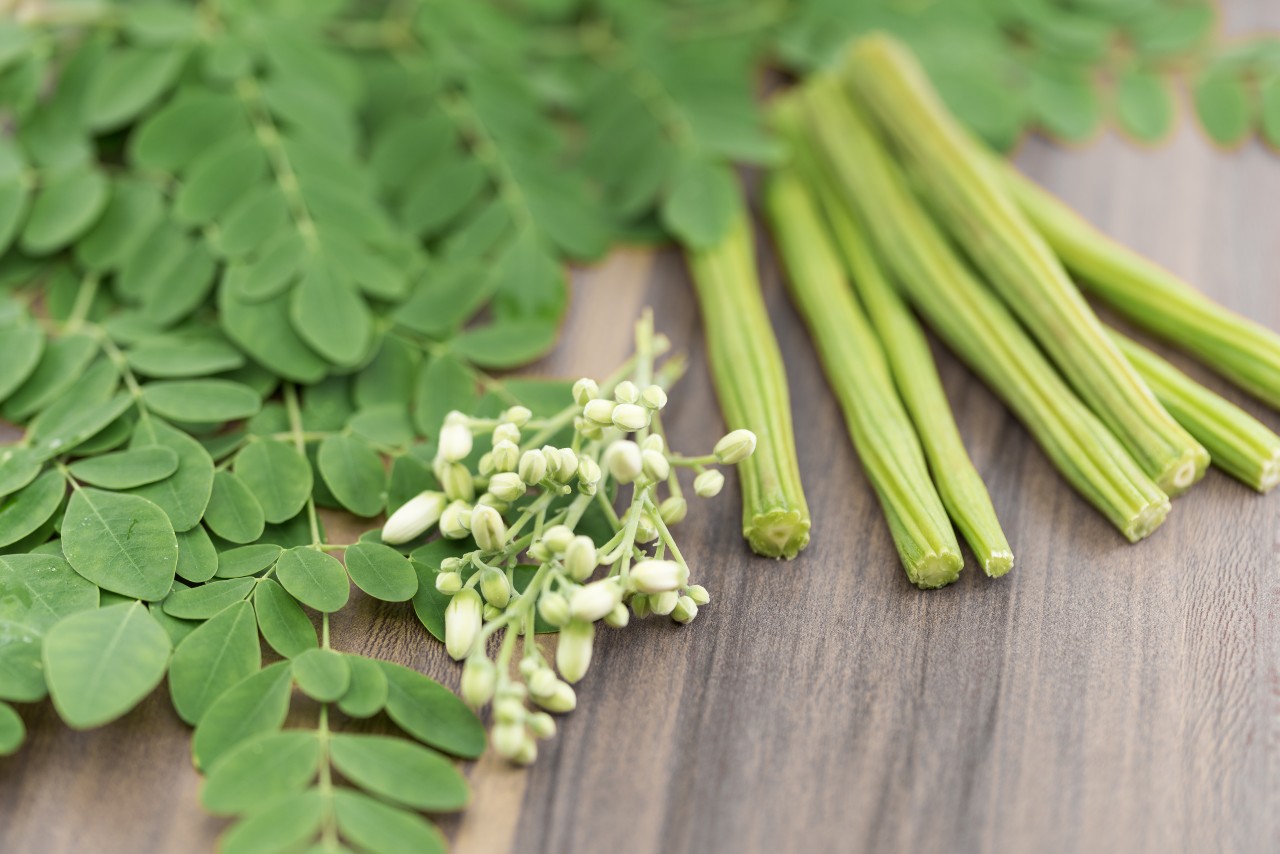Amid the pandemic, there has been increased focus on consuming immunity-boosting food to keep oneself healthy. This has brought many native superfoods under the limelight, including moringa leaves, which are also known as Sajna Pata.
The moringa tree is a drought-resistant crop native to the Indian subcontinent. Both the vegetable as well as the leaves of this tree are widely consumed – as curries (saag), soups, or stir fry. In South India, the drumstick is added to sambar and the leaves are also used to make rasam.
Several reports claim that moringa has nutritional benefits like no other fruit or vegetable. For example, the vitamin C content in moringa leaves is higher than that of oranges. Its calcium concentration is more than that of milk.
Packed with medicinal and nutritional benefits
The moringa tree has been used to combat malnutrition among infants and nursing mothers for several years. Reports suggest that in developing countries, where people lack adequate vitamins, minerals and proteins in their diet, moringa can be a source of all.

The leaves are loaded with a variety of nutrients such as Vitamin C, iron, magnesium, essential amino acids, proteins and more. They are also rich in antioxidants which have anti-inflammatory properties.
Apart from this, the leaves contain high quantities of a nutrient named isothiocyanates, which help lower blood sugar levels.
In 2014, a study was conducted among 30 women with elevated blood sugar levels. They were made to consume seven grams of moringa powder regularly. At the end of three months, blood tests showed reduced sugar levels by 13.5% on average.
Moringa for high blood pressure
Another medicinal benefit that moringa leaves provide is lowering blood pressure levels which prevent fatal heart diseases.
One of the biggest contributors to high blood pressure is a diet lacking nutrient-rich food. According to the National Heart, Lung and Blood Institute, a diet rich in fruits, vegetables and low-fat dairy products is essential to lower BP levels.
The same study also mentions that fruits and vegetables rich in potassium should be consumed regularly to reduce or prevent high blood pressure.
Moringa leaves are rich in potassium, minerals and vitamins. Studies confirm that one cup of moringa leaves has three times higher potassium content than bananas. Such high concentrations of nutrients make this leafy green healthier than other super greens such as kale.
The leaves are packed with polyphenols and bioactive compounds like isothiocyanates, which also play a role in preventing cancer and heart diseases, as well as lowering blood pressure.
Mumbai-based nutritionist, Jaishri Jain says that these bioactive compounds help remove cholesterol build up in arteries and ease the flow of blood to the heart. She advises most of her clients who suffer from diabetes or obesity to add moringa leaves to their food regularly.
She says, “If a person does not have access to fresh leaves, they can choose supplements containing moringa or dried moringa powder. This powder can be mixed with lukewarm water along with some lemon juice. Drinking this in the morning also improves bowel movements.”
In this YouTube video, a young man vouches that consuming moringa leaves daily helped him lower BP levels.
According to the video, Zahar Ahmed was suffering from high blood pressure and was prescribed medicines to help deal with this. On some days, with elevated hypertension levels, he would even consume medicines twice a day. This made him stop and look for organic solutions instead.
So, based on traditional beliefs and some scientific research, he began consuming moringa leaves regularly. And he assures his viewers that it helped him immensely. To consume organic leaves without any pesticides, he even started growing them on his terrace in pots.
No comments:
Post a Comment